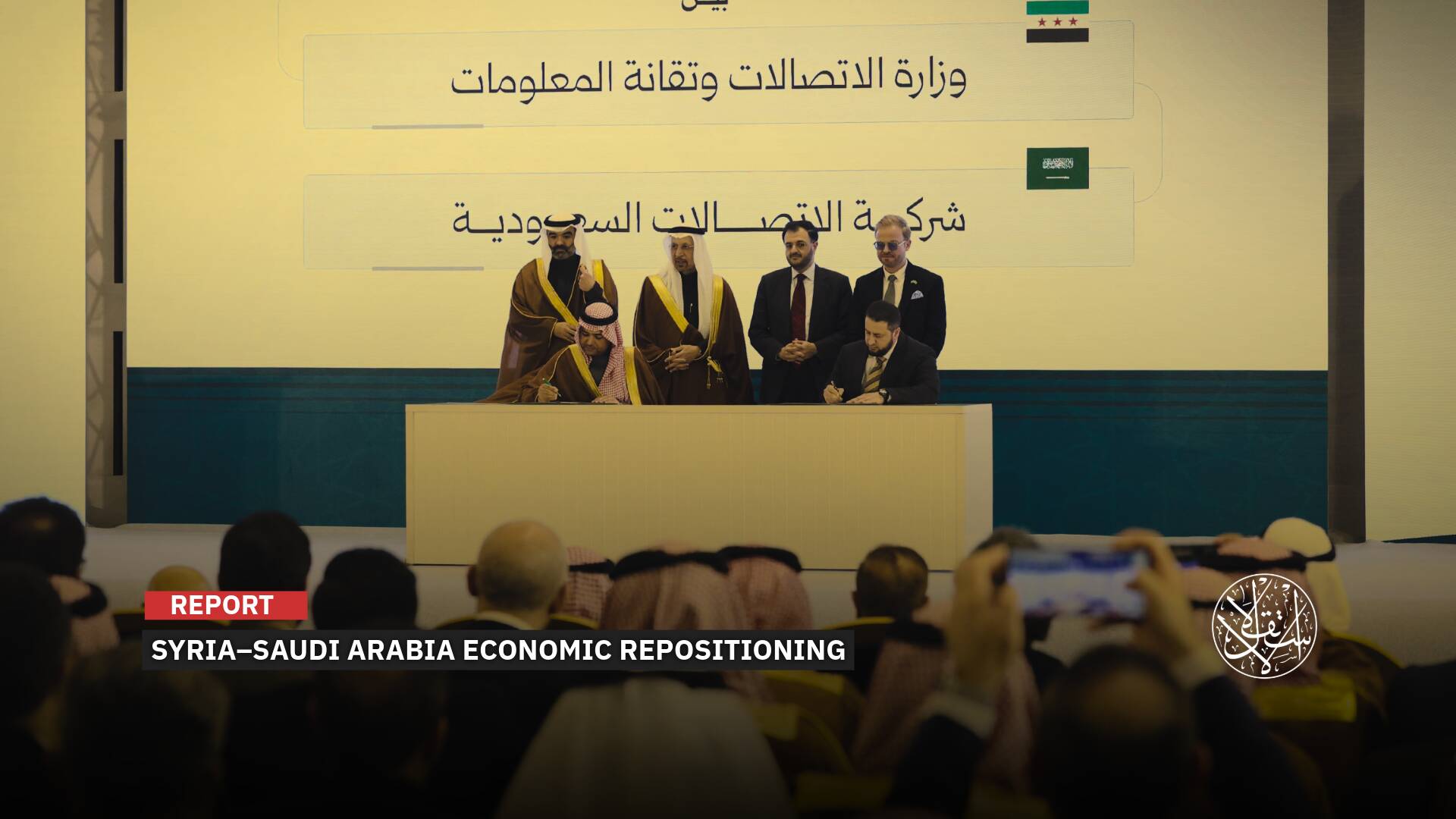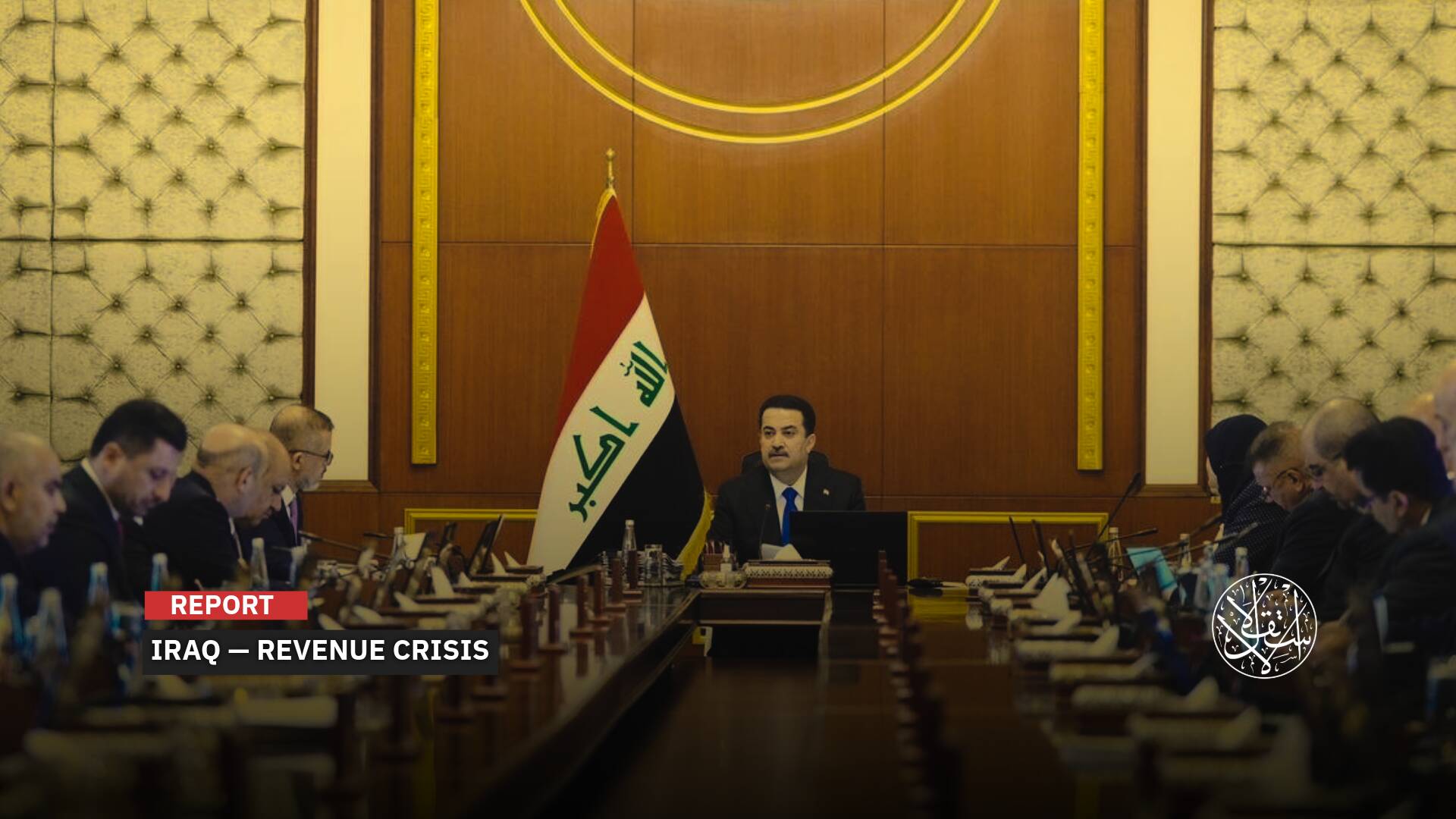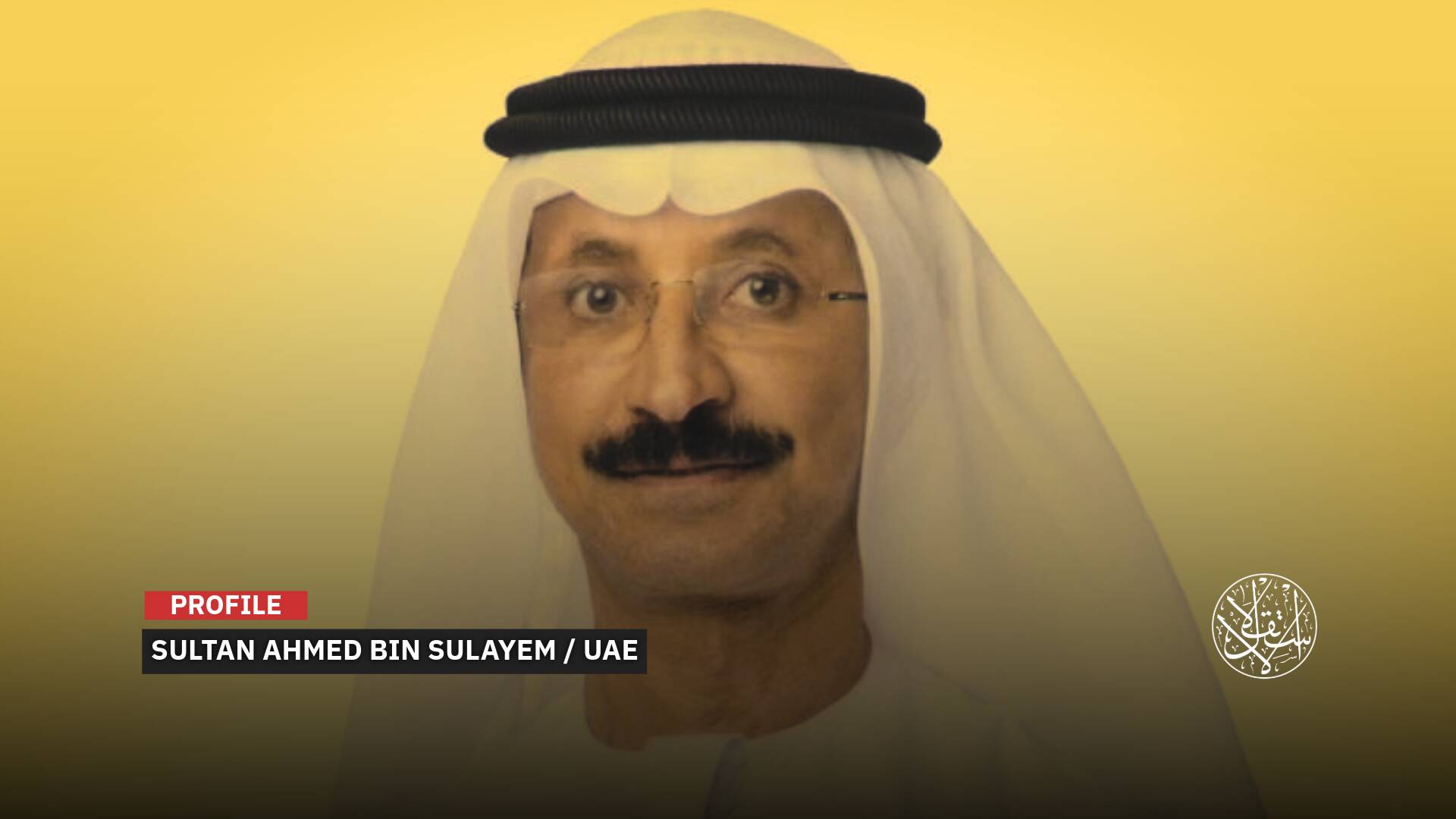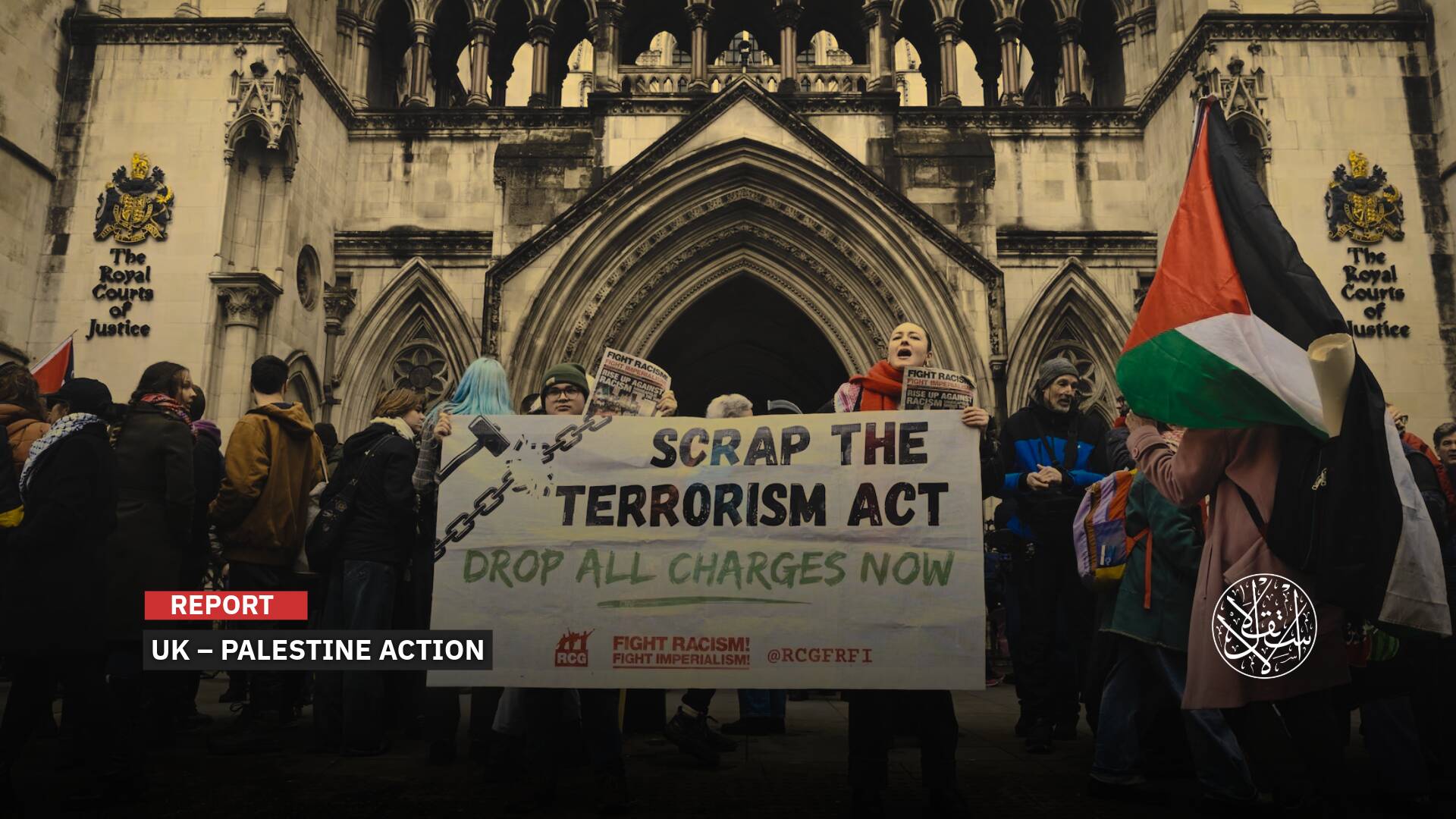After the Earthquake, Will the Human Tragedy Bring a Political Solution in Syria?

The earthquake that struck southern Turkiye and northern Syria on February 6, 2023, put the Syrian political file on the table again. This was evident in the communication of international organizations with the Bashar al-Assad regime to discuss the entry of aid to the afflicted areas.
The 7.8M earthquake, followed by many aftershocks, left hundreds of thousands dead and injured in the Syrian opposition areas in Aleppo and Idlib, as well as in the areas under the Syrian regime’s control.
The greatest damage was concentrated in northwestern Syria (opposition areas), where about a million people were displaced by the earthquake, and 1,123 homes were completely destroyed, in addition to 3,484 homes that could collapse.
The number of uninhabitable homes there reached 13,733, while cracks appeared on 9,637 homes.
Northwestern Syria, which is outside the control of the Assad regime, includes about 5 million people who were already suffering from a lack of aid and services before the earthquake.
Dealing With Assad
What was remarkable was the failure of the United Nations to provide urgent humanitarian aid to the opposition areas, as nothing arrived until the sixth day after the earthquake.
Martin Griffiths, UN Under-Secretary-General for Humanitarian Affairs, said that the international community has failed those living in northwestern Syria.
He acknowledged failure to deliver enough aid to Syria as rescue teams have been racing to find survivors for 6 days without any aid.
In a statement on February 12, he stated that the people of northwestern Syria are right to feel abandoned by the international community in light of the lack of humanitarian aid, stressing the need to correct the “failure” as soon as possible.
The next day, Griffiths went to Damascus and met with Bashar al-Assad, to announce the latter’s agreement to use two crossings to bring in international aid.

Hence, successive indications began to show the Syrian regime’s attempts to link the entry of humanitarian aid to opposition areas by granting it political legitimacy that it lost since 2011 following the revolution.
Questions arose about the political scene in Syria after the devastating earthquake, such as the extent to which the exacerbation of the human tragedy prompted the acceleration of the political solution in Syria.
The questions about the political scene bubbled on the surface, especially since the Assad regime deliberately took advantage of the disaster in an attempt to create a new breach in the relationship with the West.
This will be added to the Arab openness to the Assad regime during the past few years that started with the UAE reopening its embassy in Damascus in 2018, then Assad’s visit to the Emirates in March 2022, and his visit to the Sultanate of Oman on February 20, 2023.
A few hours after the earthquake, the airports of Damascus, Aleppo, and Latakia, which are controlled by the regime, received more than 70 Emirati planes loaded with tons of aid.
The UAE, which has normalized its relations with al-Assad since 2018, has been at the forefront of regional relief efforts for the Syrian regime. Even its foreign minister, Abdullah bin Zayed, visited Damascus and met al-Assad on February 12, 2023.
A Saudi aid plane landed at Aleppo International Airport on February 14, 2023, the first since Riyadh cut diplomatic relations with the Assad regime at the end of 2011.
An International and Arab Warning
In a politically advanced position, Jordanian Foreign Minister Ayman Safadi visited Damascus on the first high-level visit to Syria since 2011 and met the head of the regime, Bashar al-Assad.
Jordan, which normalized its relations with Assad in 2021 after a decade-long rupture, was among the first countries to send aid planes, and at least three planes arrived, as well as dozens of trucks entering Syria through the Nassib border crossing between the two countries.
Jordan’s rapprochement with the Syrian regime culminated in the first phone call since 2011 between Assad and Jordan’s King Abdullah II in October 2021. The Jordanian king also called Assad again after the earthquake.
Despite this, the senior Republican in the US Senate Foreign Relations Committee, James Elroy Risch, stressed the need to stop easing US sanctions imposed on the Syrian regime after the earthquake.
Risch said on Twitter that it is disgusting that Assad is using the tragedy of the earthquake in Syria as an opportunity to rejoin the international community, adding that Assad is a war criminal, and Syrians continue to suffer under his authority.

Kuwaiti Foreign Minister Salem Abdullah al-Jaber al-Sabah told Reuters on February 18, on the sidelines of the Munich Security Conference, that his country has no plans to follow the example of other Arab countries in re-establishing contact with the head of the Syrian regime, Bashar al-Assad, despite the earthquake.
While the Saudi Foreign Minister, Faisal bin Farhan, said in a dialogue session on the role of Middle Eastern countries that there is an Arab consensus that the current situation in Syria will not continue, and a different approach must be found.
The Saudi foreign minister stressed the importance of addressing the humanitarian file and thinking about a clear path with Damascus in this regard.
Disruption of the Political Process
In this context, Maen Tallaa, Director of Research at the Omran Center for Strategic Studies, confirmed to Al-Estiklal that “the earthquake contributed to the return of interest in the Syrian scene in general, after it witnessed in recent years a noticeable decline on the international agenda, whether within the United Nations or in the Security Council, that limited the discussion to Syria regarding the entry of aid that was being subjected to Russian blackmail.”
He added: “After the earthquake, interest in the Syrian file returned from several angles, perhaps the most important of which is the media angle through the increase in international statements. What we saw in the early days of the earthquake of the intended inaction of the United Nations, to some extent, cannot be explained only by trying to find new mechanisms within the international mechanisms for aid allocated to Syria.”
“It has become noticeable that the United Nations was not interested in finding alternatives to bring aid to the quake victims through helicopters or Bab al-Hawa and the lack of logistics.”
Tallaa continued: “This enhances limiting the Syrian crisis to the humanitarian scene only, and what is new here is the strengthening of the international aid mechanism across the lines, not the borders, in the sense of ensuring the Syrian regime’s approval of the assistance entry, which means regaining the sovereignty over these mechanisms.”
This was clear from the deteriorating performance of the United Nations; a delegation went and met Assad in Damascus after the earthquake, and the visit was to areas devastated by Assad’s bombing and not by the earthquake, according to the Syrian researcher.
Tallaa also referred to the performance of the United Nations and other countries that rushed to respond to the Syrian regime’s call. This is a double standard, as similar aid was not immediately provided to the opposition areas in northwestern Syria.
This indicates that “they are going toward exploiting this humanitarian circumstance to strengthen mechanisms across the lines and ensure the legitimacy of the regime, and another step toward normalization with the Syrian regime.”
Maen Tallaa hinted that this “is parallel to the official announcement of the failure of the Syrian political process represented by the Constitutional Committee in charge of drafting the constitution, which is witnessing complete inactivity.”
Thus, after the earthquake, according to Tallaa, the rules of the game can be changed to ensure the regime’s return to some issues, which makes the percentages of intransigence and refusal to follow the path of the political process higher, especially since these percentages increase in the absence of a serious American or European push in this context.
He concluded by saying: “These scenarios are not inevitable, of course, but indications confirm that the earthquake contributed to completely disrupting the path of the political solution and increased the chances of the regime returning to restore the concept of sovereignty in the aid file, and this will be reflected in early recovery files and other issues.”

Until now, the Syrian regime has been blocking UN Resolution 2254 of 2015, which paves the way for a political solution in the country, as the regime has not contributed to the implementation of any of the four baskets of the political process, namely: transitional governance, the constitution, elections, and combating terrorism.
On June 3, 2022, the meetings of the eighth round of the Syrian Constitutional Committee concluded in Geneva without results, and then a ninth round could not be held after the Syrian regime accused Switzerland of not being neutral due to its support of Western sanctions against Russia (the Syrian regime’s ally) for launching a continuous military attack in its neighbor Ukraine since February 24 of the said year.
The director of the Tricontinental Center for Studies, Syrian researcher Ahmed al-Hasan, believes that “a general political solution in Syria is still far away due to the nature of the security mentality of the Syrian regime, which is still insisting on a military solution as the only option.”
He added to Al-Estiklal: “But there is a regional trend toward moving the Syrian file during this period according to setting up a mechanism to respond to humanitarian requirements, as well as pushing for dialogue with the Syrian parties to support the trend toward a political solution.
“But that takes a long time, and here it can be said that the earthquake put the Syrian file on the table again and allowed the regional countries to put forward some approaches for discussion during the coming months.”
Sources
- Kuwait: We have no plans to follow the Arab countries to normalize relations with the Syrian regime [Arabic]
- US Senate: Bashar Al-Assad is not an honest mediator to deliver aid to the Syrian people [Arabic]
- Saudi Arabia: Arab consensus on the non-continuation of the status quo in Syria [Arabic]
- Senior US Republican: Assad is using the earthquake to rehabilitate himself [Arabic]










